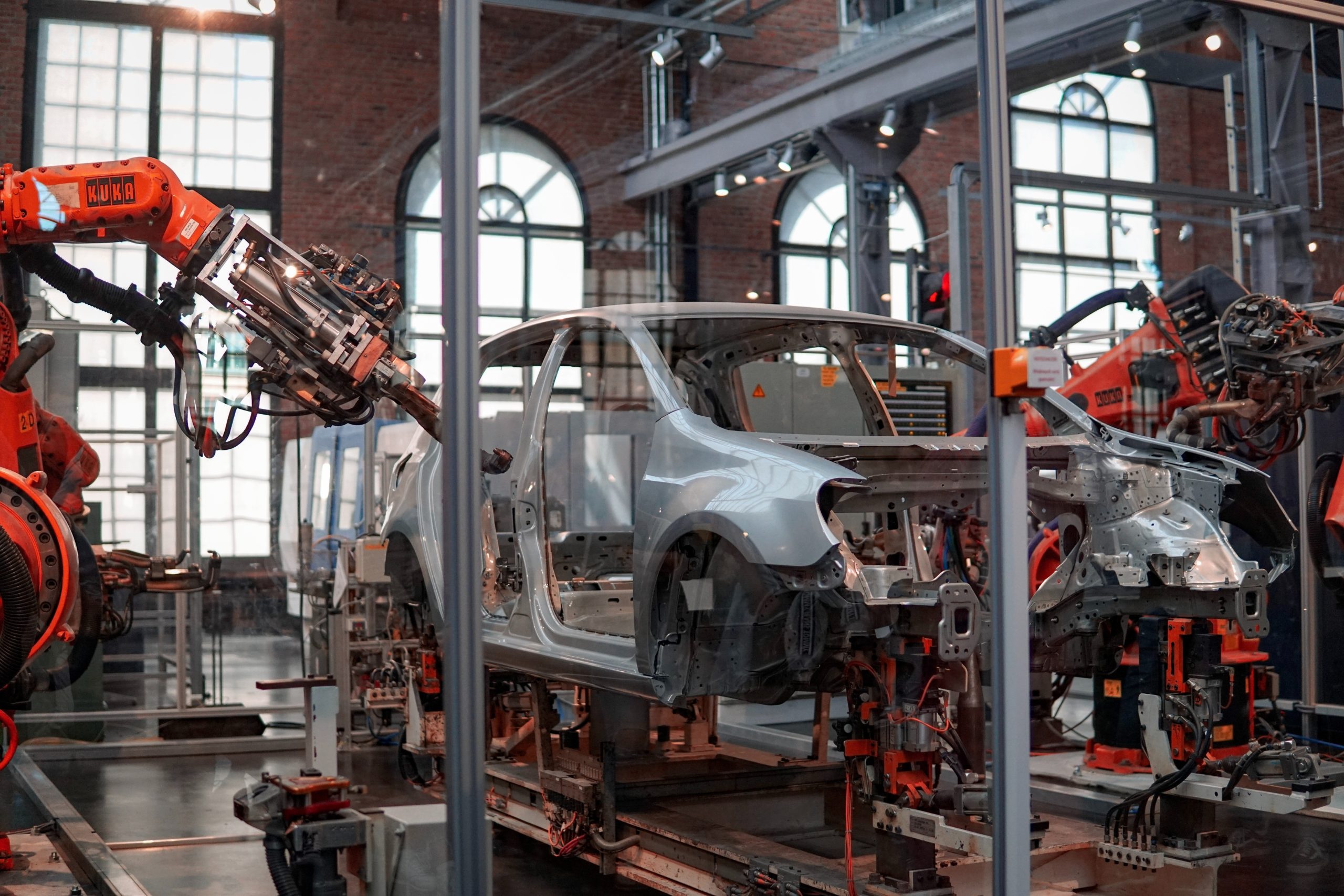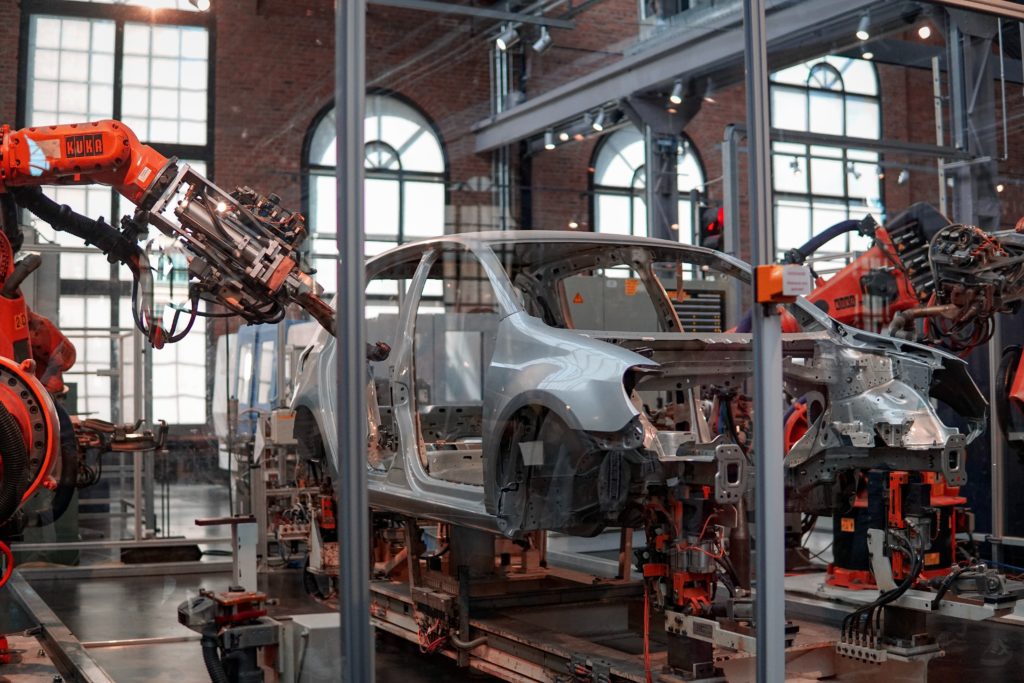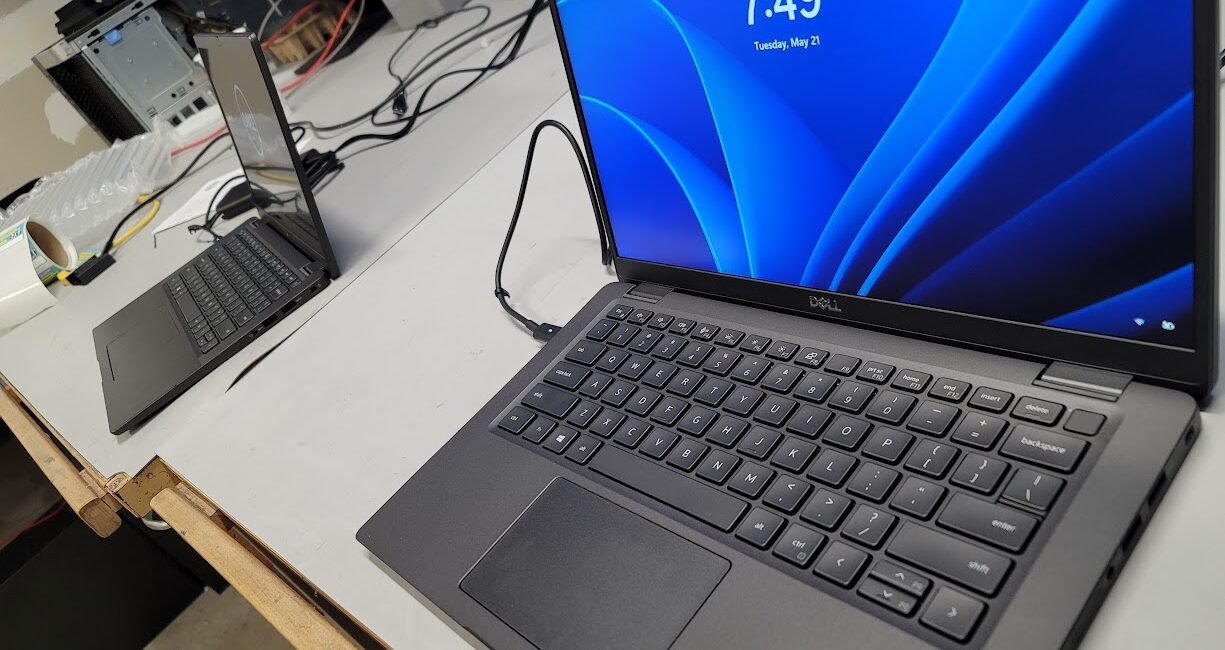
- March 27, 2023
- Growth Mode Tech
- 0
Technology has significantly impacted the manufacturing industry in recent years.
The advent of advanced technologies has brought about several changes in the manufacturing processes, making them more efficient, effective, and cost-effective. The following are some of the ways in which technology has transformed the manufacturing industry.
Automation and Robotics
Automation and robotics have become an essential part of modern manufacturing. With automation, manufacturers can automate many of the processes, including assembly, material handling, and packaging, among others. The use of robots in manufacturing has increased efficiency and precision, leading to increased productivity and quality. Robots can perform repetitive tasks with high precision and consistency, reducing the risk of errors and improving the overall quality of products.
Data Analytics and Artificial Intelligence
The manufacturing industry generates massive amounts of data every day, and it can be challenging to process and analyze this data manually. Data analytics and artificial intelligence have made it possible to analyze large amounts of data quickly and accurately, providing insights that can be used to improve manufacturing processes. Manufacturers can use these insights to identify patterns and trends, predict equipment failures, and optimize production schedules.
Internet of Things (IoT)
IoT technology has made it possible to connect devices and machines in the manufacturing industry, creating a network of interconnected devices that can communicate with each other. This allows for real-time monitoring of equipment and processes, enabling manufacturers to detect issues and address them promptly. IoT technology also enables manufacturers to track inventory levels, monitor energy consumption, and optimize production schedules, leading to cost savings and increased efficiency.
3D Printing
3D printing technology has revolutionized the manufacturing industry by allowing manufacturers to produce complex parts and components quickly and cost-effectively. With 3D printing, manufacturers can create prototypes and test parts before starting mass production, reducing the risk of errors and waste. This technology has also enabled manufacturers to produce customized products, allowing them to meet the individual needs of customers.
Augmented Reality (AR) and Virtual Reality (VR)
AR and VR technologies have made it possible to create immersive and interactive experiences in the manufacturing industry. With AR technology, workers can receive real-time information and instructions, reducing the risk of errors and improving safety. VR technology can be used to create simulations that can be used for training purposes, enabling workers to practice their skills in a safe and controlled environment.
In conclusion, technology has transformed the manufacturing industry in several ways. From automation and robotics to data analytics and artificial intelligence, IoT, 3D printing, and AR/VR, technology has brought about significant changes in the manufacturing processes, making them more efficient, effective, and cost-effective. These technologies have also enabled manufacturers to produce high-quality products and meet the individual needs of customers, leading to increased customer satisfaction and loyalty.

Looking for a way to make your company Go Green?
Growth Mode Technologies is offering the Green Mode Tech Program. For more information you visit the Green Mode Tech page.



